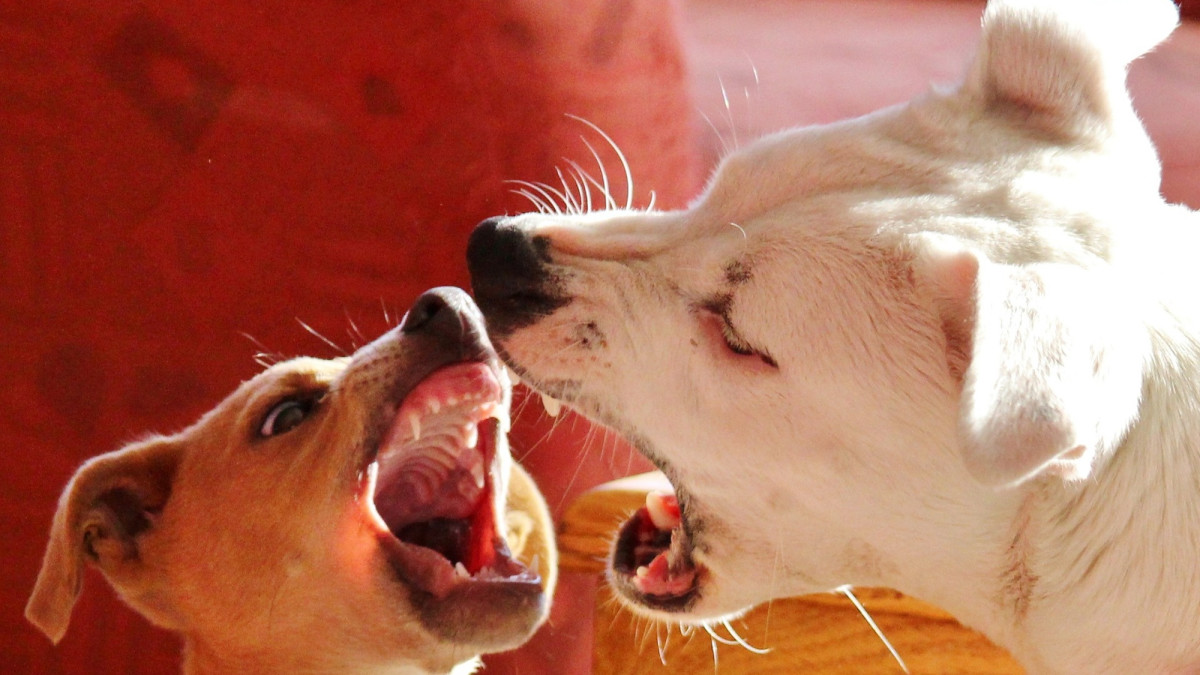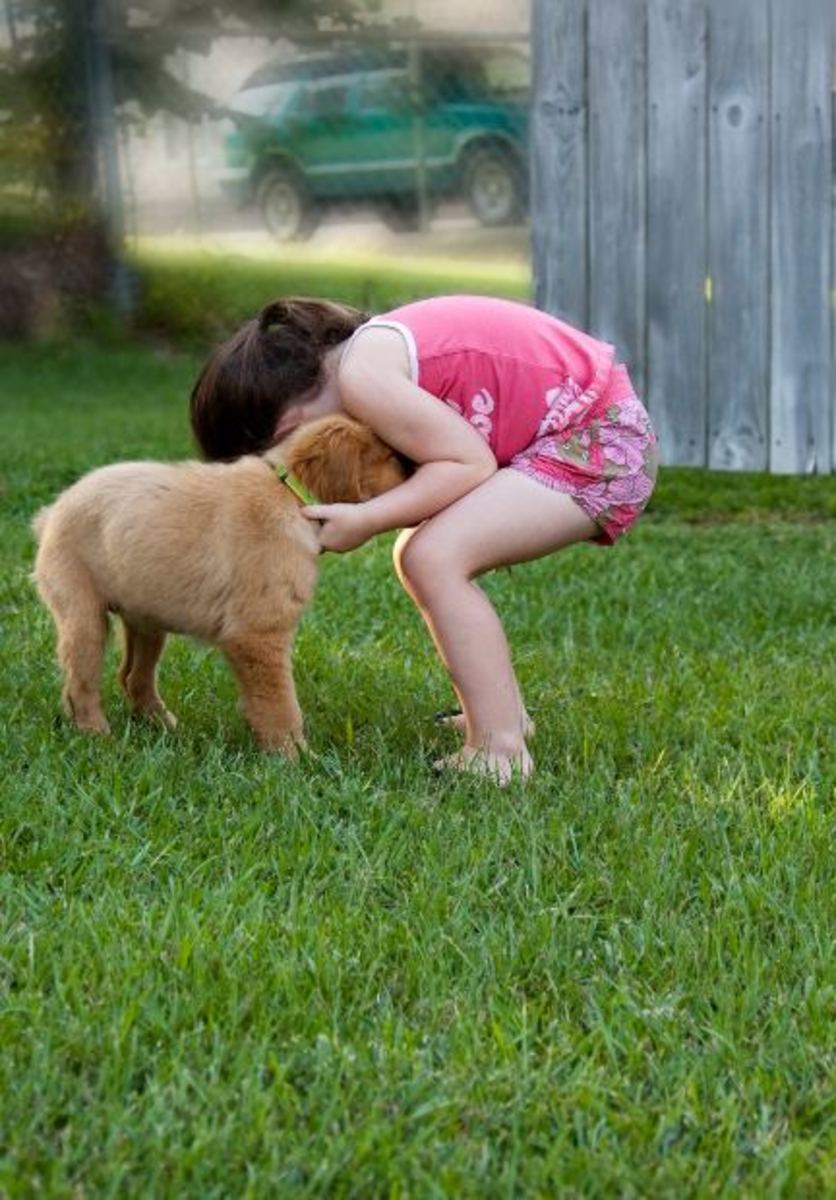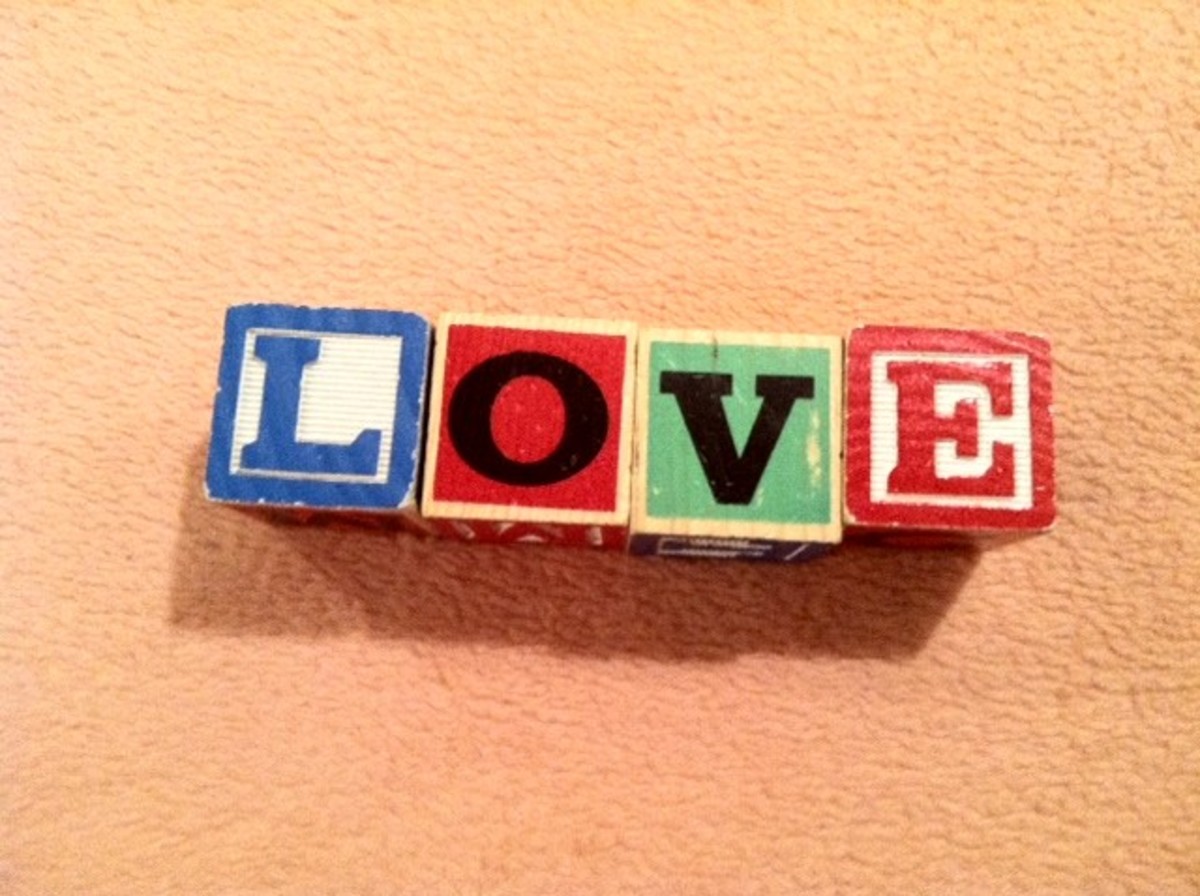Taming Aggressive Behavior
If your kid is one of those who responds to rejection, denial, or competition by hitting, kicking, pinching, biting, or scratching, take heart. You're not alone. Virtually every child goes through a developmental stage of responding to frustration with aggression toward others. Most likely, it will pass. If it doesn't, though, here are some suggestions for teaching that hurting others and things is not acceptable.
Don't respond in kind. When your child hits someone and you hit him or her, no matter what your intentions, you are teaching your child that it is okay to hurt others. You can add as many informative messages and lessons as you want, but the message that comes across is "you hit, so I hit". Think of the saying, "Do as I say, not as I do". You are essentially asking your children to ignore your own actions while you are correcting theirs. What if your boss caught you stealing office property and, as he was telling you to hand it back over, he put it in his own bag to take home? Would you get the message that it's not okay to steal? Or would you simply decide to do a better job next time so you don't get caught? You probably wouldn't obey the message, and neither will your kids get the message that it's not okay to hit as they experience you hitting them.
So ultimately, what do you do? Options include making your child apologize, making him or her sit out of the action for a few minutes, or making him or her correct the behavior. For example, if one of your children hits the other while they are playing, remove the offender from the play area for 2-3 minutes (or longer depending on age). Explain that this is a "cool down" until he or she can behave more appropriately. Or, make the offender apologize to the other child and wait for the other child to accept the apology. Another option is to re-play the situation. Have the kids explain what happened (if they can) or set up the scenario you believe happened, and make the children do it again, this time with the offending child choosing a better response.
Another common mistake is to yell. When adults yell, kids tune out. Do you listen when those around you yell at you? Do you actually consider what that person is saying, or do you react to the tone and level of the voice and immediately start to come up with your own defense and justification for your actions?
Instead of yelling, try lowering your voice. This forces kids to listen more closely to hear what you are saying. Move the child to an area where you can talk one-to-one, and speak in a calm, quiet voice. This not only helps to make sure your child has to pay attention, but also make sure that other kids aren't hearing every word of the conversation. If you're wondering whether your child is listening or not, ask a question and wait for the answer. The question can be about any aspect of what you've just said, but try to avoid "yes or no" questions, as these are easy for kids to bluff their way through.
By this point, many of you are probably thinking "There's no way this is going to work." I'll tell you, it won't the first time, or the second, and it may not even work the third time around. But it will work if you are consistent. Address every behavior, every time, and in one of these ways. You don't even have to use the same one all of the time. After a few days (or weeks if the aggression isn't that frequent), you will see a difference.








